Prime Minister Mark Carney says he supports new pipelines if Canadians agree on them, but his cabinet appointments and policy decisions tell a different story.
In a recent interview with CTV News, Carney explicitly said he supports building pipelines “if the consensus exists for one.” This carefully worded endorsement makes his support contingent on widespread agreement that appears increasingly difficult to achieve.
EXCLUSIVE: Carney says ‘yes’ to building a pipeline if consensus exists for one https://t.co/xFo3rZwUiz
— CTV News (@CTVNews) May 14, 2025
“When I talk about being an energy superpower, I always say in both clean and conventional energies,” Carney told CTV, emphasizing an “all of the above” approach to Canada’s energy future. He added that a pipeline alone is “not enough to make Canada an energy superpower.”
The prime minister’s messaging has shifted based on location. During his leadership campaign in British Columbia, he promised to use “all powers of the federal government, including emergency powers” to accelerate major projects. Just days later in Quebec, he flatly stated, “I would never impose a pipeline on Quebec.”
Read: Carney Is Already Changing His Tune On Energy Pipelines
His newly formed cabinet reflects this tension. Former environment minister Steven Guilbeault, now Canadian Culture Minister, quickly tempered expectations about new pipelines.
“So I think before we start talking about building an entire new pipeline, maybe we should maximize the use of existing infrastructure,” Guilbeault told reporters Wednesday. He claimed the Trans Mountain pipeline is operating below its full capacity, though the actual utilization rate is contested.
And here we go! Guilbeault in his first media scrum comes out against new pipelines claiming TMX is only at 40% capacity, oil demand will peak and "no developer who's interested in building an east west pipeline at this time"
— cbcwatcher (@cbcwatcher) May 14, 2025
Doesn't mention that developers are uninterested… pic.twitter.com/BIf9NIiNkg
Energy industry leaders have signaled frustration with the current regulatory environment. Following the election, 38 Canadian oil and gas CEOs wrote to Carney calling for the repeal of assessment laws and emissions cap regulations they view as obstacles to development.
While Carney has indicated openness to revising the Impact Assessment Act and reviewing emissions caps, he has not committed to specific changes that would ease pipeline approval.
Alberta Premier Danielle Smith quickly criticized Carney’s cabinet appointments, particularly Julie Dabrusin as Environment Minister, describing her in a statement as a staunch advocate against oilsands expansion and opponent of phasing out oil and gas.
Alberta is keen to work with the federal government to reset our relationship and repair the damage to Alberta’s economy that has been caused by Ottawa’s last 10 years of anti-resource legislation and policies. During my first meeting with the Prime Minister just over a week ago,… pic.twitter.com/ftftVeKeam
— Danielle Smith (@ABDanielleSmith) May 13, 2025
Energy analysts note that Carney’s conditions for supporting pipelines may be designed to avoid blame if none are built.
“Prime Minister Carney is the most climate-literate PM we’ve ever seen,” said Aaron Freeman, principal of Toronto-based Pivot Strategic Consulting, in comments to The Energy Mix.
Information for this story was found via the sources and companies mentioned. The author has no securities or affiliations related to the organizations discussed. Not a recommendation to buy or sell. Always do additional research and consult a professional before purchasing a security. The author holds no licenses.

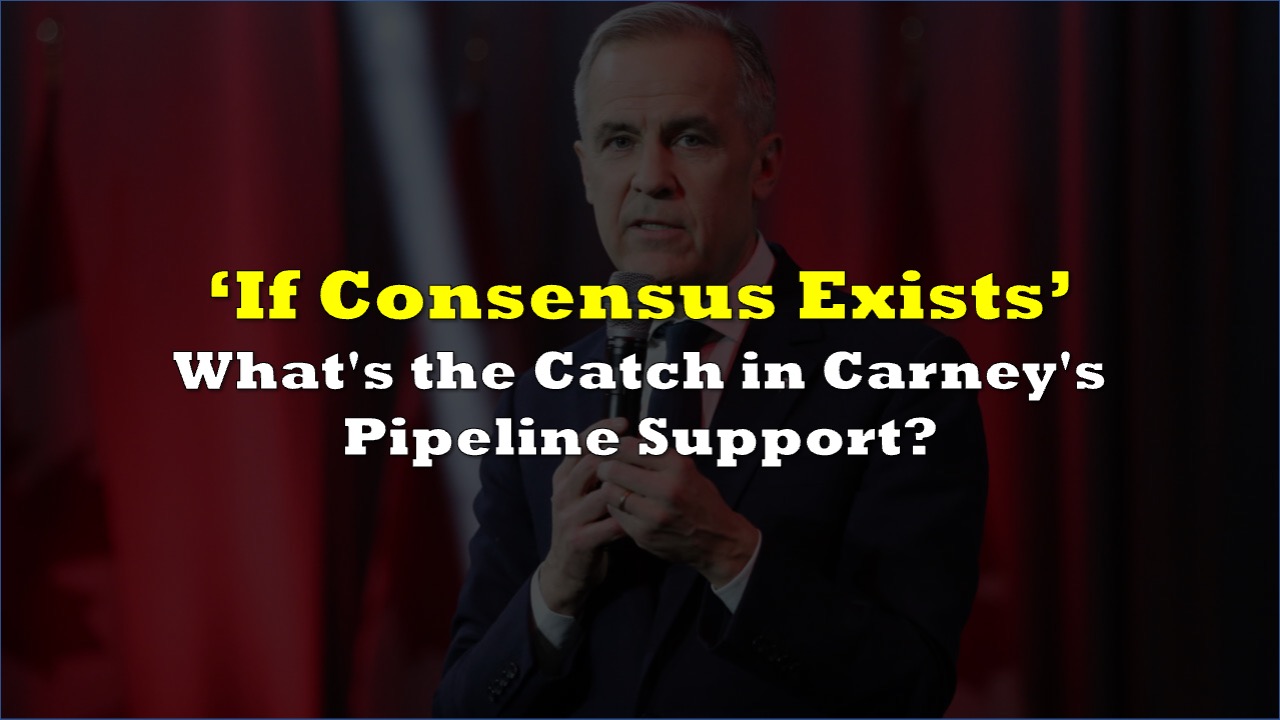



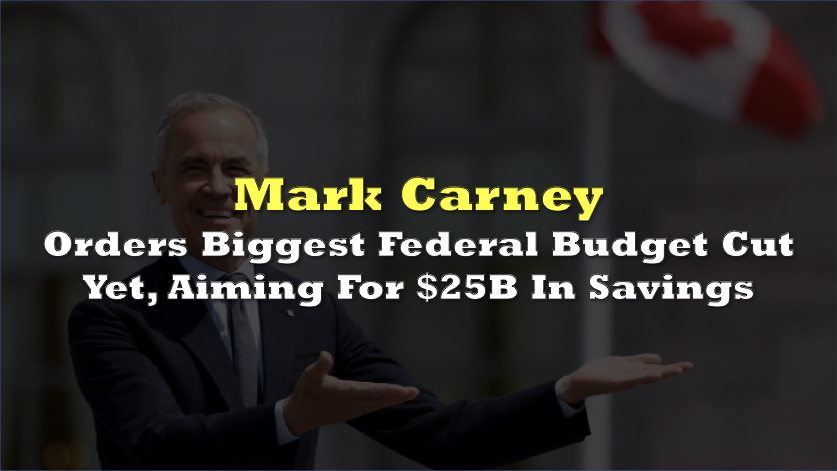
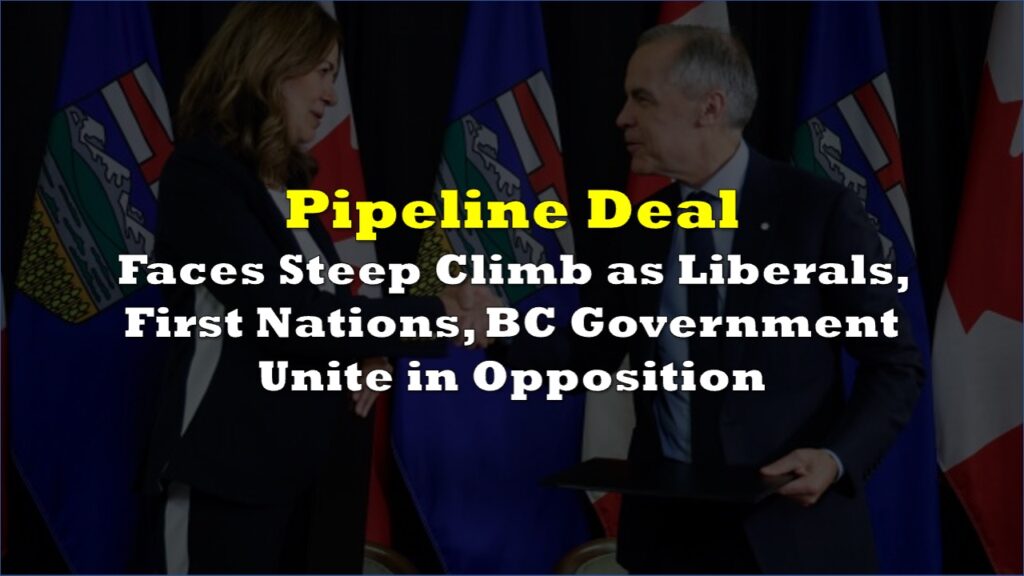
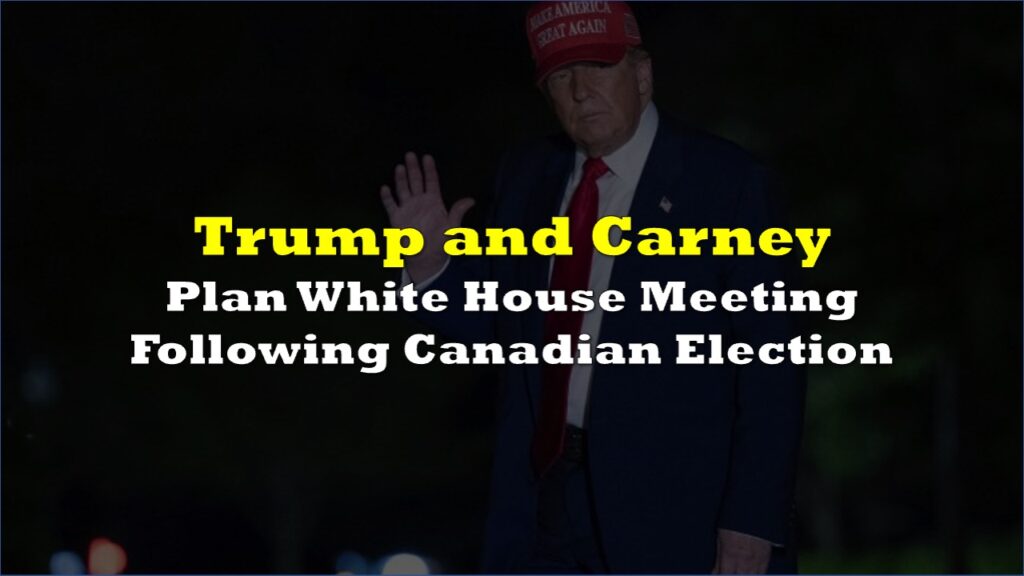
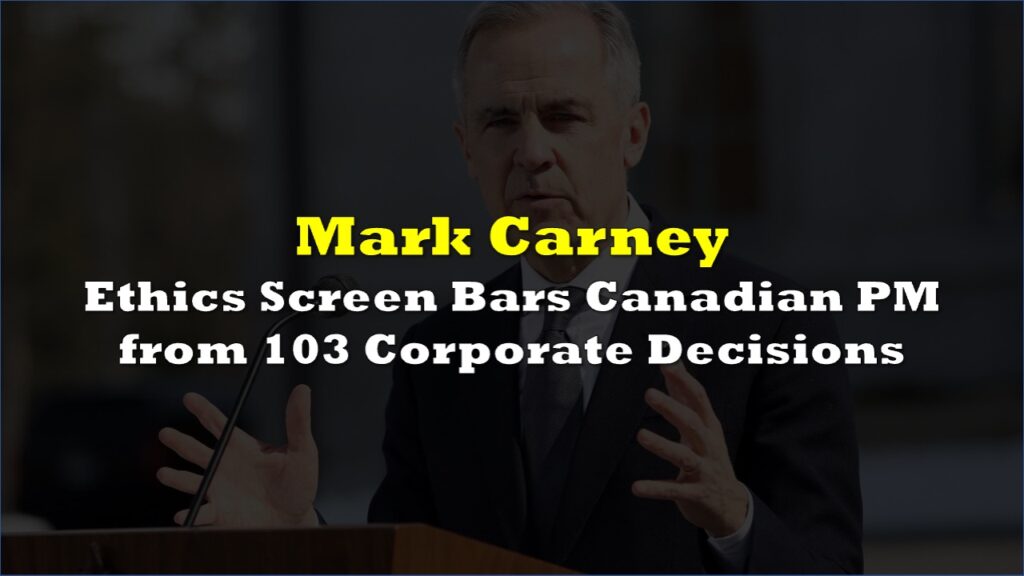
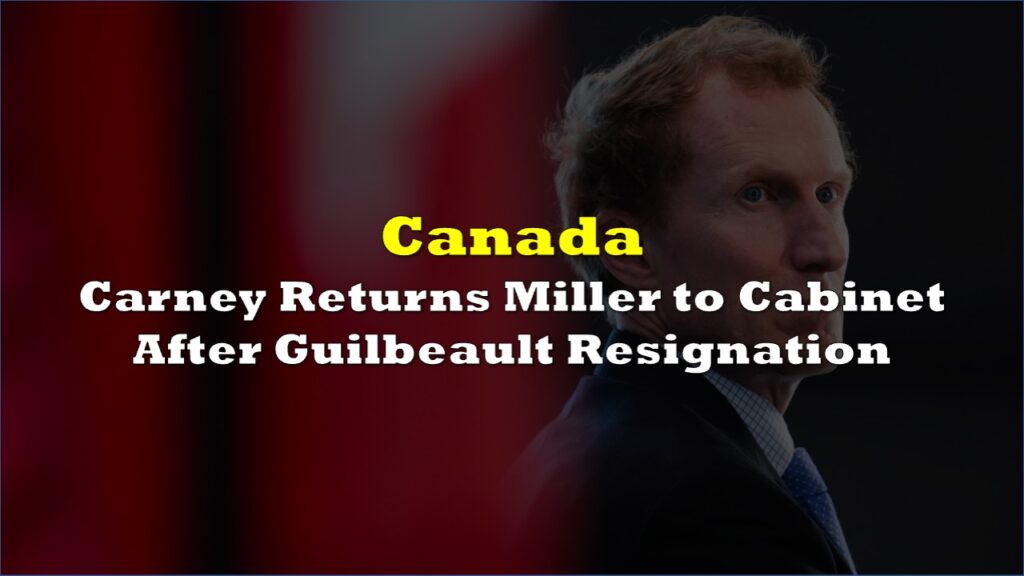
3 Responses
The Trudeau Liberals, many who are still in power, bought the pipeline without a mandate to do so. Also, battery plants and many other losing ventures. Government has no business trying (and failing) to do business. Set reasonable rules and let free enterprise deliver.
If Canada wants to survive as a country, the population had better get behind fiscal responsibility. This means doing what we do profitably — extracting, processing, and exporting the resources we are blessed with. Mark and Diana Fox Carney have so far promised to increase Canada’s fiscal hole, and waffled on a profitable, resource based economy. Not a good start.
Let me get this right. you’re defining “fiscal responsibility” as putting taxpayers on the hook for a $34.2-billion pipeline megaproject that may become a stranded asset before it’s ever paid off?
Stand by, please. I think I need to go find my dictionary, just to make sure I understand.